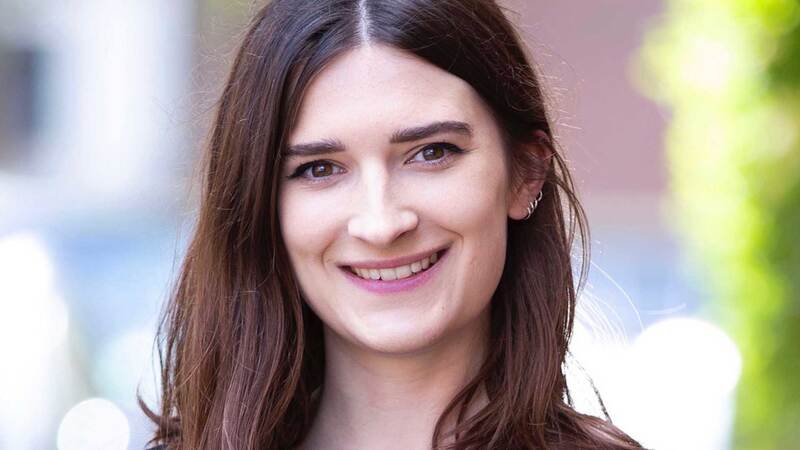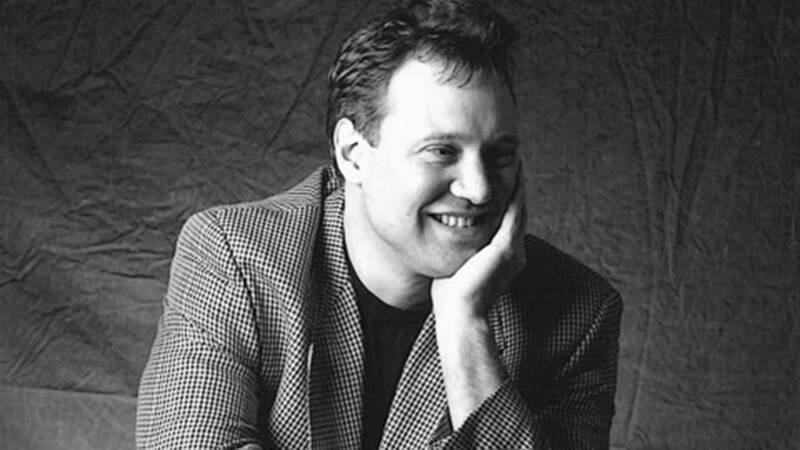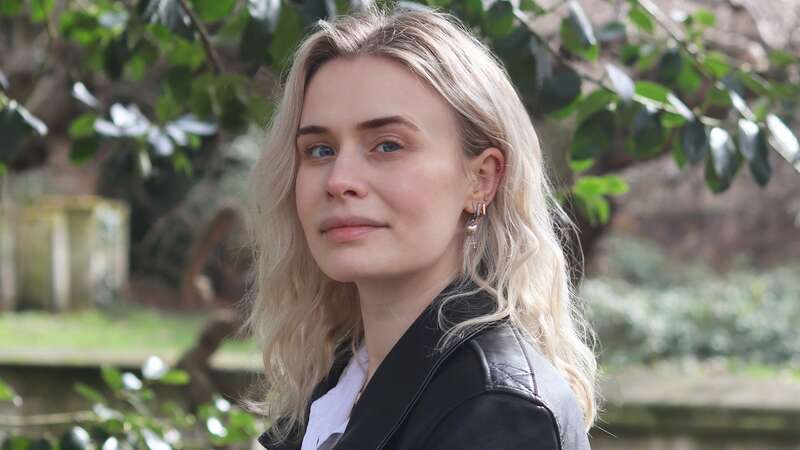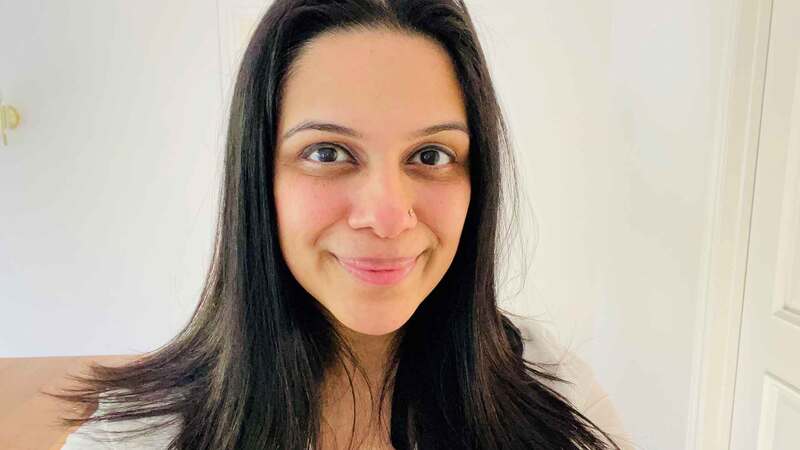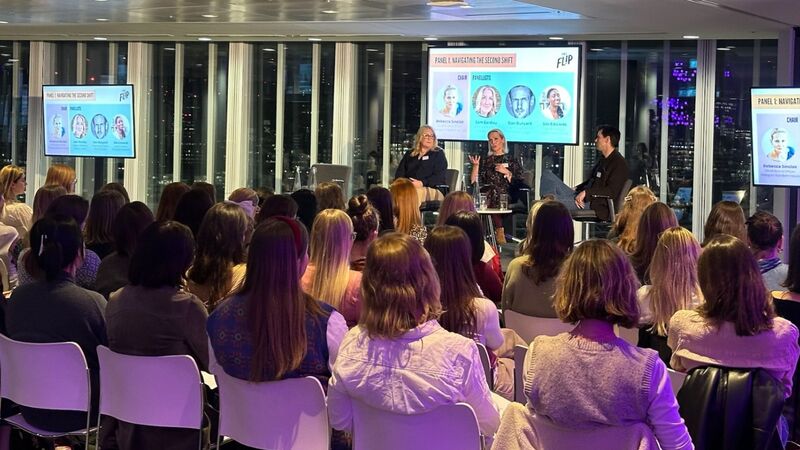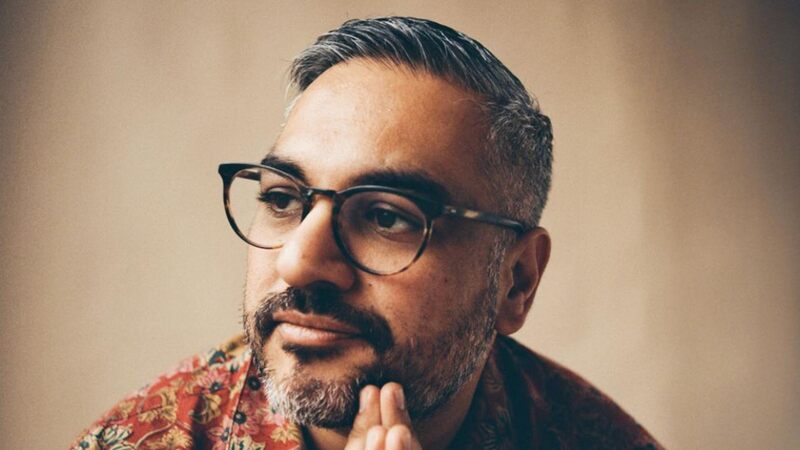You are viewing your 1 free article this month. Login to read more articles.
Black authors urged to write 'more urban' submissions by publishers
Authors and illustrators say part of the challenge of being a creator from an underrepresented background in the books industry is how their submissions are urged to be "more Black" or "more urban".
A panel at The Bookseller’s Children’s Conference on 20th September heard from Bent Agency literary agent Molly Ker Hawn and Storymix founder Jasmine Richards, along with Catherine Coe, freelance book editor and founder of All Stories, author Rashmi Sirdeshpande, and communications director at Bluebird Jodie Lancet-Grant.
Richards (pictured) emphasised the need for those from underrepresented groups to have space to be creators: “I spoke to lots of authors who were from Black and minority ethnic groups and did a call-out asking them what they wanted me to say.
“The first thing I’d say is, yes this creator is a creator of colour. That is wonderful and we should celebrate it but is it always the thing we need to lead with? Maybe the thing we lead with is 'this is a fantastic space opera' or 'this is a wonderful middle-grade'."
She cited a recent press announcement which prioritised ethnicity above all else: “There was a book announcement in The Bookseller recently and it really gave me an eye-roll moment and I think it gave a lot of creators of colour an eye-roll moment. The front cover has a Black child on it, it’s by a Black author and I swear the word ‘Black’ is in the copy for the press release about 15 times. You don’t need to tell me there is a Black character on the cover – it is so transparent and it felt like such a trigger-point.
Richards added: “I’m not saying it’s easy to get the balance right. But we need to say that people are creative. They might be from a Black or another underrepresented group but let them be creative first and let them be in that space, let them enjoy that, in the same way other creators do. It’s not always about race or trauma.
“The other thing to say is, especially for a new creator, [that] it’s quite an intimidating space anyway and if on top of that you’re the only one in the room it might be really hard to speak up. Let’s just be sensitive to that. There a lot of new creators from underrepresented groups... make sure we’re really making space for these people in publishing.”
Coe revealed she had spoken to diverse creators, particularly new creators, who felt they had “responsibility to represent their group as well as create.” She said: “They were under so much pressure, this mental burden of representing their community, and I think that’s something that agents and editors really need to be aware of.”
Lancet-Grant agreed: “I’m speaking from my experiences as a LGBQ+ author here. We need to be hyper aware that just because people come from an underrepresented background they don’t necessarily want or need to speak on behalf of that whole community. Their experience might be different from other people’s.
“In terms of giving creative space, it’s really important that we’ve opened these doors but what are we letting people write about?” She described talking to her publishing team about writing her second book and how initially she had felt “like we just need to write the same as book one because it was about accepting two mums”.
She added: “I always want there to be LGBQ+ representation in my books but I don’t want it to be the main reason for the books. Maybe it was a book about anxiety or lots of other subjects.
“The experience I’m bringing, being from that underrepresented group, doesn’t need to be at the centre but it does need to be there. It’s about giving space to tell the stories that we actually want to tell and not making everything about this diverse background that hasn’t been done before.”
Ker Hawn echoed this frustration: “Part of this is the publisher trusting the author to be telling the story that is authentic. I can think of three separate occasions where I have had responses from publishers, and to use one example of a book from a Latino author, they said ‘It just doesn’t feel Latino enough to us’ or ‘Could it be more Black?’ I’m not making this up.”
Richards revealed a similar experience: “They wouldn’t even use the word ‘Black’. I remember one of my books on submission, a full-blown fantasy adventure, and they’d say ‘Could Jasmine maybe write a story that is a bit more urban?’ And in a way I would have respected them more if they’d said ‘more Black’. But ‘more Urban'?”





